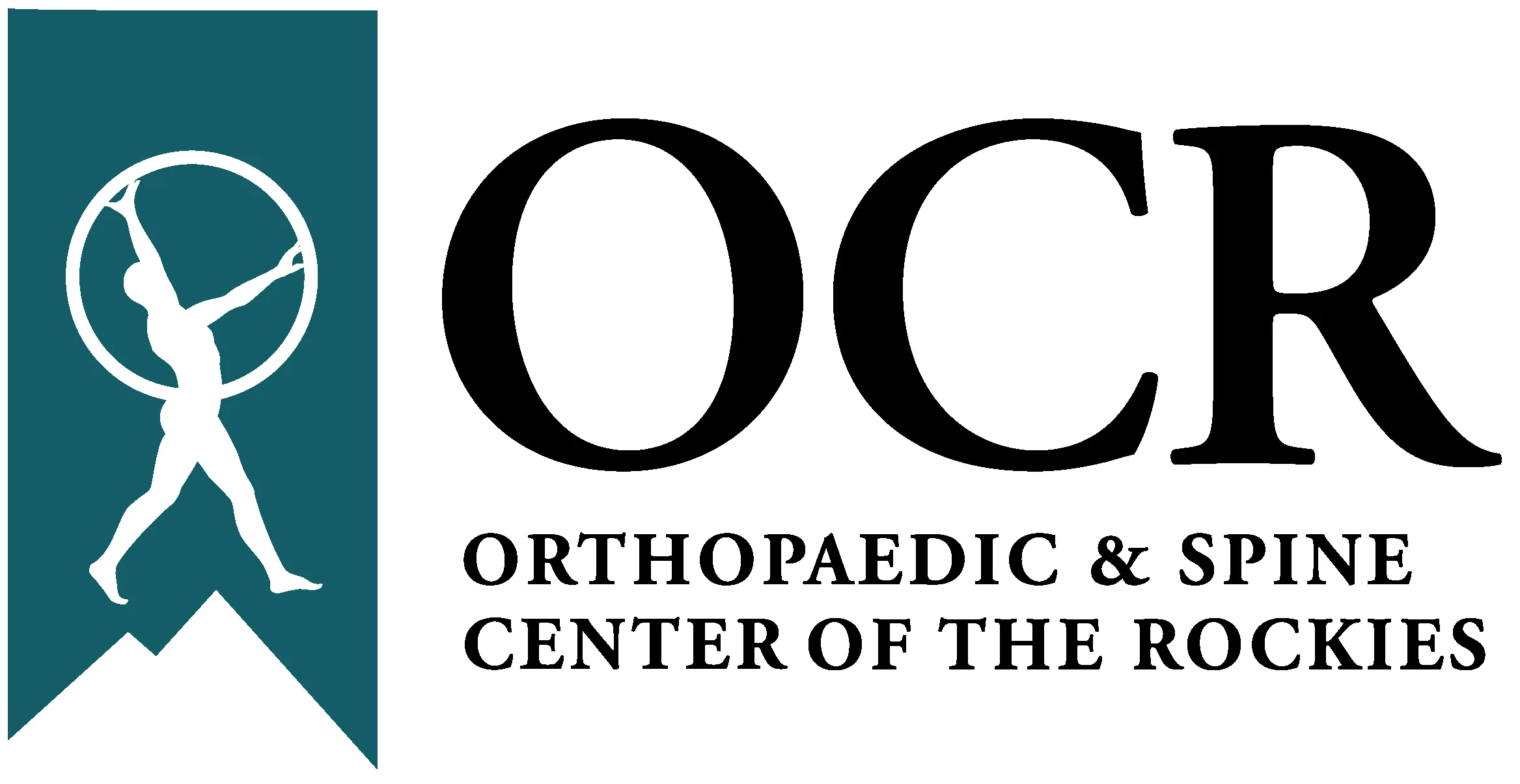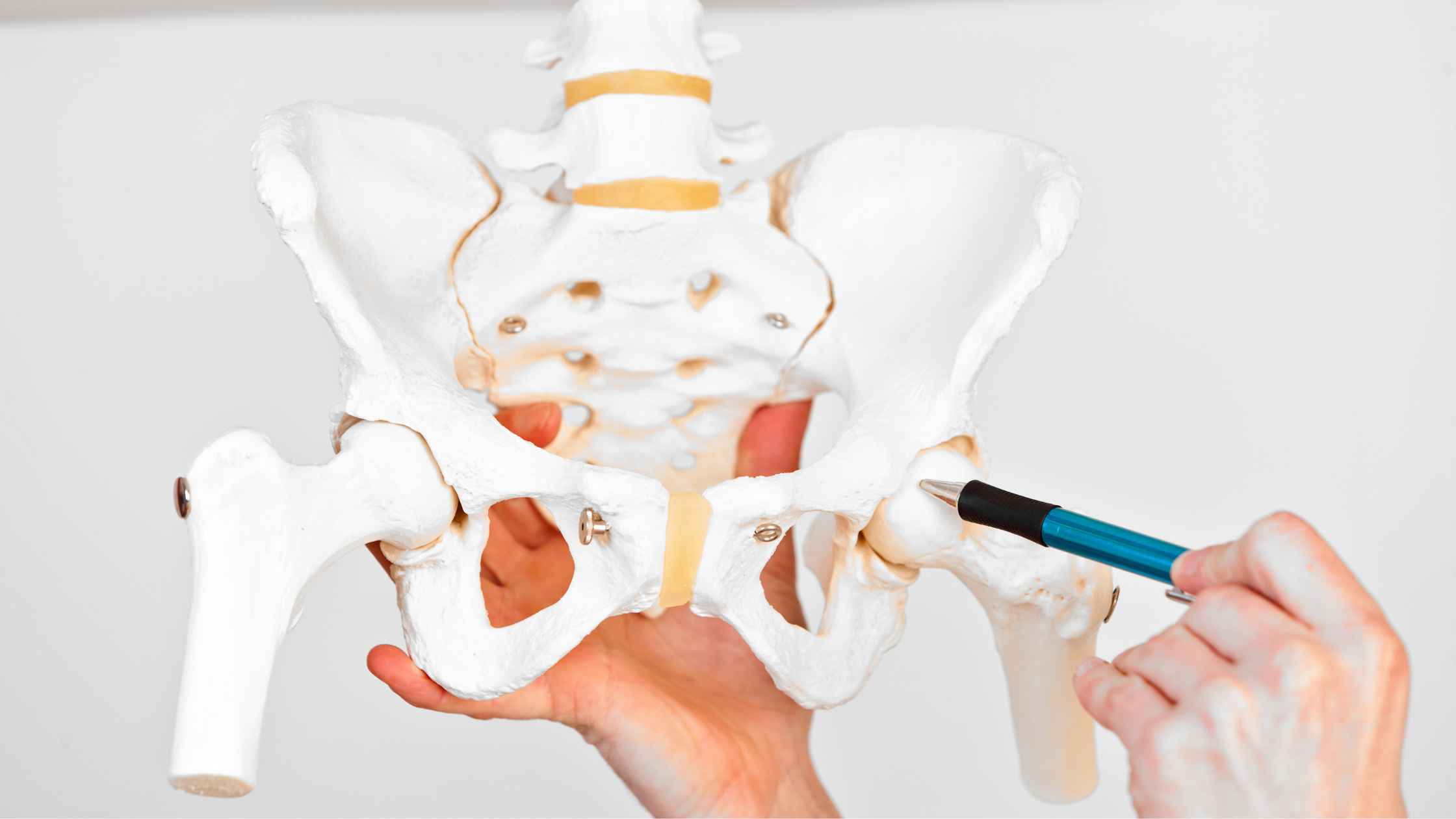Welcome to our latest blog post, where we uncover the connection between dehydration and hip pain. We explore what dehydrated hips mean, discuss if dehydration can cause hip pain, and identify signs that suggest more than just inadequate fluid intake is at play. At Orthopaedic & Spine Center of the Rockies (OCR), we’re on a mission to dive deep into the intricacies of hip health, with specialists in both Hip Replacement and Hip Arthroscopy, and today, we’re tackling a crucial aspect often overlooked—hydration and its direct link to hip pain.
Understanding the Basics: What are Dehydrated Hips?
According to Medical News Today, “Around three-quarters of the human body is water.” Ever wondered, though, if your hips could be dehydrated?
Just like any other joint in your body, hips thrive on proper hydration.
When we talk about a dehydrated hip, we’re not discussing the lack of fluids in the joint itself but rather the overall hydration levels of your body. Dehydration can affect the synovial fluid, which lubricates and cushions your joints, including the hips.
So, yes, your hydration habits can indeed impact the health of your hips; hence dehydrated hips.
The Connection: Can Dehydration Cause Hip Pain?
Now, let’s cut to the chase. Can dehydration really cause hip pain? The answer is a resounding yes. When your body is dehydrated, it robs vital fluids from various tissues, affecting the synovial fluid in your hips. According to this article, this can lead to increased friction between the joint surfaces, resulting in discomfort and pain.
So, if you’ve been experiencing unexplained hip pain, leaving you to ask “Why Are My Hips in Pain?”, it might be time to reach for that water bottle and give your hips the hydration they deserve.
Dehydration Hip Pain: Breaking Down the Link
Hip pain caused by dehydration is more common than you might think.
The lack of proper fluid levels can exacerbate existing conditions like arthritis, intensifying pain and stiffness. Moreover, dehydration contributes to muscle cramps and tightness, adding to the discomfort in the hip region.
Unlocking the Solution: Our Approach to Dehydrated Hips
At OCR, we don’t just identify problems; we offer solutions. To combat dehydration-related hip pain, we advocate for a holistic approach:
- Increase Daily Water Intake: Boosting your water consumption enhances joint efficiency. The more hydrated you are, the better your joints function.
- Incorporate Hydrating Foods: Add juicy fruits, crisp veggies, and foods with high water content to your diet. This small change can significantly impact how your hips feel.
- Maintain Regular Physical Activity: Engage in consistent physical activity to promote overall joint health. Regular exercise contributes to improved joint function and can help alleviate hip pain associated with dehydration.
If persistent hip pain has you considering replacement surgery, check out our blog for signs that it might not be solely due to dehydration but could indicate a more serious underlying cause.
In conclusion, hydration plays a pivotal role in hip health. By understanding the dynamics of a dehydrated hip and its connection to pain, you’re already on the path to a healthier, pain-free you. For more insights into hip health, explore our blog on the Top 5 Causes of Hip Pain. Ready to take the plunge into hip wellness? Request an appointment with one of our specialists near you today.


